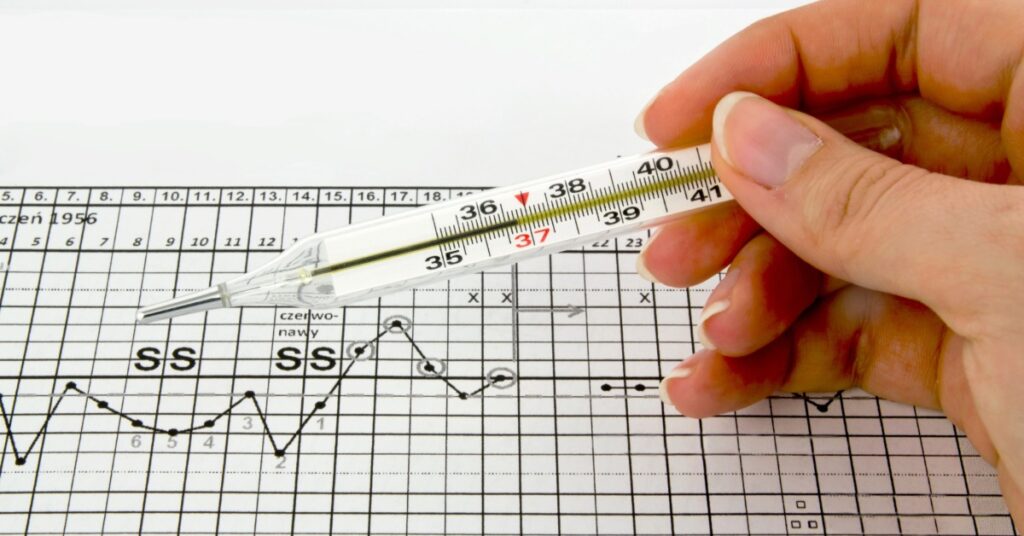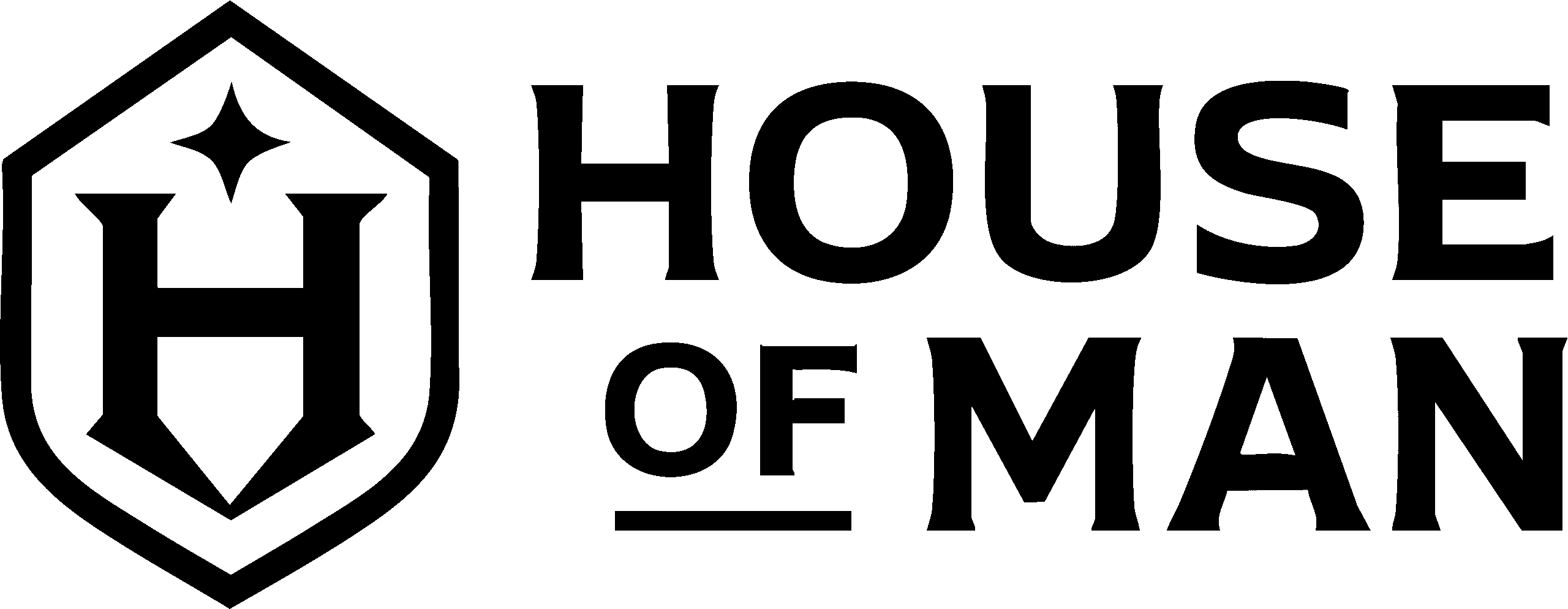Introduction: The Silent Shift After 35
What if the biggest threat to your energy, strength, and confidence isn’t aging — but a hidden hormonal imbalance?
For many men, life after 35 brings subtle but undeniable changes. Fatigue sets in faster, workouts don’t deliver the same results, and motivation can feel elusive. Most brush it off as “just getting older” or blame work stress, family responsibilities, or lifestyle demands. But beneath the surface, there’s often a different culprit at play: declining hormones.
Men’s hormone health doesn’t get nearly enough attention, yet it is central to vitality, strength, confidence, and long-term well-being. After 35, testosterone levels, growth hormone, and other key regulators of male vitality naturally begin to drop. Ignoring these shifts not only accelerates physical and mental decline but also increases the risk of chronic health conditions.
In this post, we’ll explore why men over 35 must prioritize hormone health, how to recognize warning signs, and what practical steps you can take to restore balance and reclaim your vitality.
Understanding Hormones and Their Role in Men’s Health
Hormones are chemical messengers that regulate nearly every system in your body. For men, several stand out:
- Testosterone – fuels muscle growth, libido, confidence, and mental focus.
- Cortisol – the stress hormone; in small doses, it’s vital, but chronic elevation leads to fatigue and weight gain.
- Growth Hormone – helps repair tissues, build lean muscle, and maintain energy.
- Thyroid Hormones – regulate metabolism, energy production, and mood.
When these hormones are balanced, men feel strong, sharp, and driven. When they decline, the opposite occurs — low energy, mood swings, reduced sex drive, and diminished physical performance.
The Decline Begins — What Happens After 35
Starting around age 35, men experience a gradual testosterone decline of about 1% per year. By the time a man reaches his 50s, levels can be 20–30% lower than in his 20s. Growth hormone production also drops significantly, further reducing muscle recovery and fat-burning potential.
The symptoms creep in slowly:
- Constant fatigue, even with adequate sleep
- Stubborn belly fat
- Loss of muscle mass despite workouts
- Decreased libido and performance issues
- Irritability, anxiety, or low mood
A study published in the Journal of Clinical Endocrinology & Metabolism found that nearly 40% of men over 45 have low testosterone levels, many without realizing it.
Why Ignoring Hormone Health is Risky
Brushing off hormone decline as “normal aging” can be dangerous. The long-term risks of low testosterone and other imbalances include:
- Metabolic syndrome – a cluster of conditions (high blood pressure, obesity, insulin resistance) that increase the risk of heart disease.
- Osteoporosis – weaker bones and higher fracture risk.
- Obesity and type 2 diabetes – linked to poor insulin regulation.
- Depression and anxiety – hormones play a major role in mood regulation.
- Cardiovascular disease – lower testosterone is associated with higher rates of heart disease.
📖 Anecdote: Take Mark, 42, who dismissed his constant fatigue and low libido as stress from work. After a checkup revealed low testosterone, he made lifestyle changes and began targeted treatment. Within months, his energy, mood, and confidence rebounded.
Lifestyle Factors That Worsen Hormonal Decline
Hormonal decline is natural, but modern lifestyle habits accelerate the process. Common culprits include:
- Poor diet – high sugar and processed foods disrupt insulin and testosterone.
- Chronic stress – constantly elevated cortisol drains energy and suppresses testosterone.
- Lack of sleep – most testosterone is produced during deep sleep cycles.
- Excessive alcohol – damages the liver and lowers testosterone.
- Sedentary lifestyle – physical inactivity reduces hormone production.
Signs It’s Time to Get Checked
Men often ignore red flags, assuming they’re just “slowing down.” But here are clear warning signs it’s time to take hormone health seriously:
- Persistent fatigue and low energy
- Declining libido or sexual performance
- Difficulty building or maintaining muscle
- Unexplained weight gain, especially around the belly
- Brain fog, irritability, or mood swings
- Poor sleep quality

How Men Can Take Control of Hormone Health
The good news? You don’t have to surrender to decline. There are effective strategies to restore balance and reclaim your health.
Natural Strategies
- Nutrition: Prioritize lean protein, healthy fats, vegetables, and zinc-rich foods (like pumpkin seeds) that support testosterone.
- Exercise: Strength training and high-intensity cardio are proven to boost testosterone naturally.
- Stress management: Mindfulness, deep breathing, and regular downtime reduce cortisol overload.
- Quality sleep: Aim for 7–9 hours of restorative sleep to support natural hormone cycles.
Medical Strategies
- Blood tests: A simple hormone panel can provide clarity on testosterone, thyroid, and other key markers.
- Hormone Replacement Therapy (HRT): For some men, supervised medical treatment can restore vitality and health.
Supplements
Natural supplements may provide support. For example, products with ginseng, cordyceps, and tongkat ali are often linked to improved vitality and hormone balance. Always consult a doctor before starting new supplements.
Positive Outcomes of Hormone Balance
When men address hormone health, the benefits go beyond physical changes:
- Renewed energy and stamina
- Improved mental clarity and focus
- Stronger muscles and leaner body composition
- Enhanced libido and intimacy
- A greater sense of confidence and motivation
The shift is life-changing. Instead of accepting decline, men can feel like themselves again — vibrant, driven, and engaged in life.
Conclusion: Don’t Wait for the Wake-Up Call
Hormonal decline after 35 is inevitable, but suffering its consequences doesn’t have to be. The sooner men recognize the signs and act, the more effectively they can protect their long-term health, energy, and confidence.
If you’re over 35, don’t wait for symptoms to worsen. Get checked, make lifestyle changes, and explore natural or medical options.
Because the question isn’t whether your hormones are changing — it’s whether you’ll take action before it’s too late.


